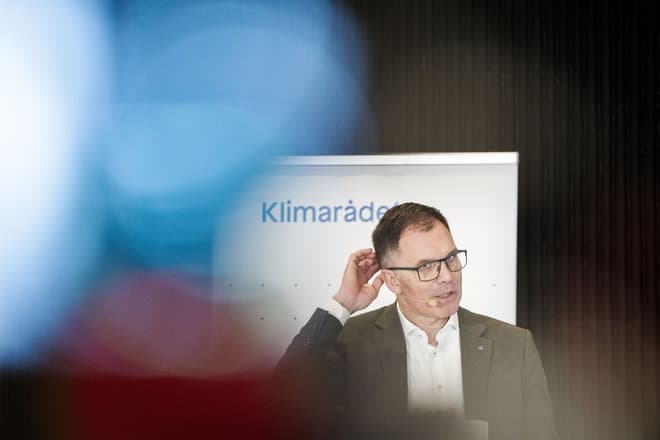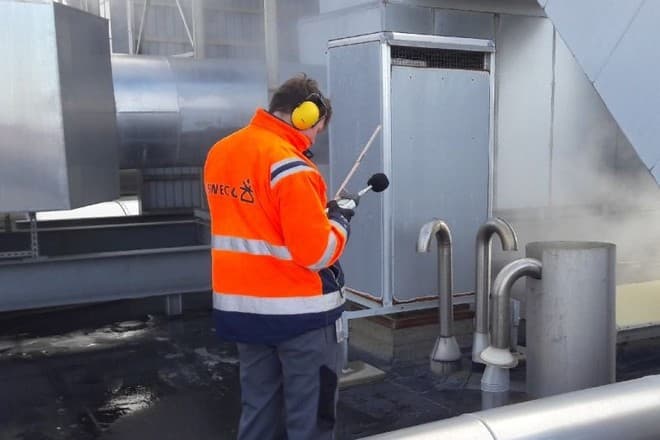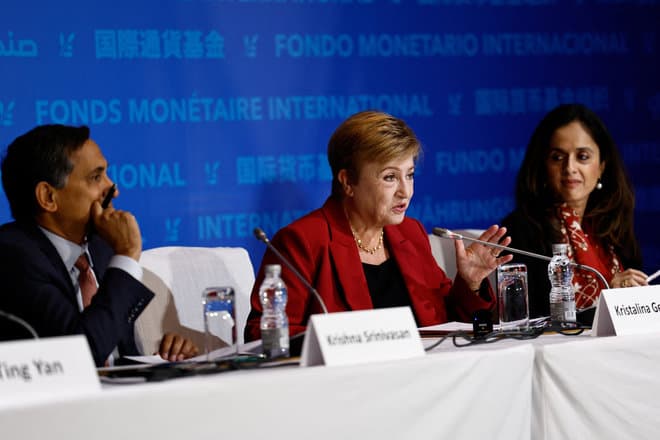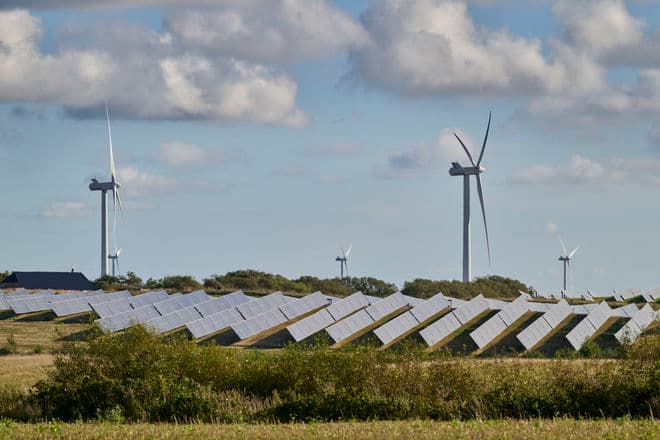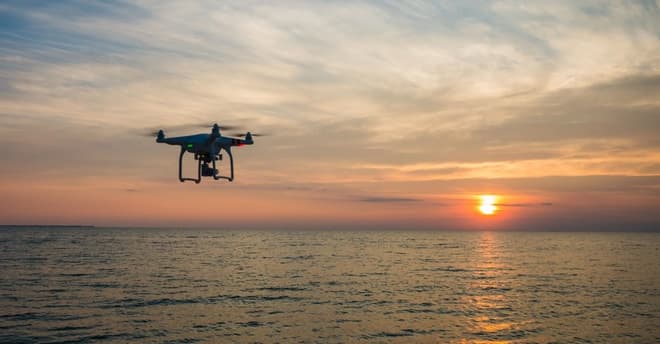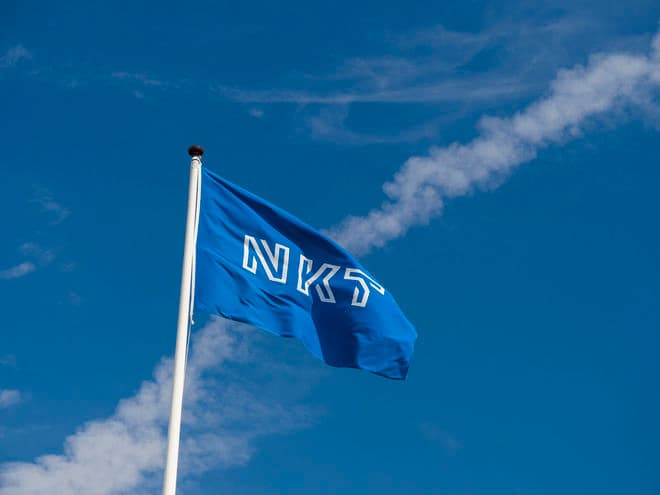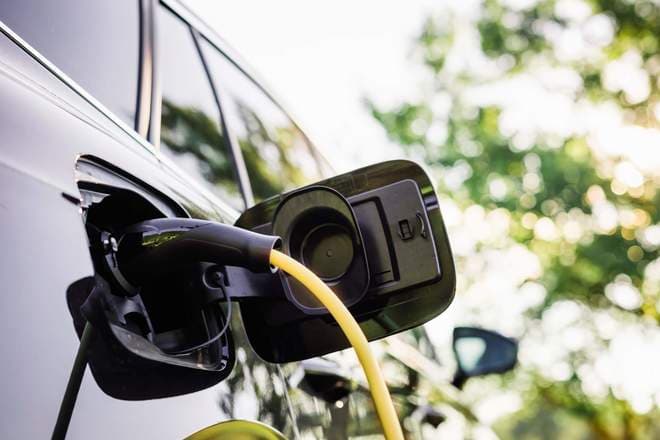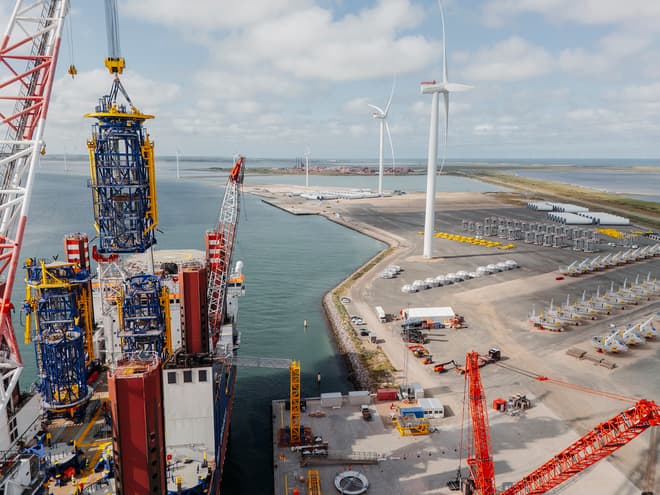Many Danes have had to save after the war in Ukraine, where the prices of electricity and gas and goods such as butter and milk have skyrocketed. But while Danes' wallets have been hit, energy companies have made a lot of money trading in energy. Now cases of million-dollar bonuses and market manipulation have hit the media. Learn more about energy trading and the dark sides here:
* How do you make money trading in energy?
The energy market works like the market for shares and other goods, when electricity and gas are bought and sold across national borders. This happens on energy exchanges, where traders try to predict developments and thus make money on price fluctuations.
For some companies, it is the primary task, while others need energy for production and try to ensure a stable price. According to Anders Houmøller, former head of the Danish branch of the electricity exchange Nord Pool, prices have varied greatly in the past year.
- The worst thing that can happen to a speculator is that prices are stably high or stably low. They make money when prices fluctuate. If prices fluctuate a lot, skilled speculators can make a lot of money, while the less skilled can lose a lot, he says.
* How much money can you make from it?
Several large energy companies have not yet published figures for 2022, but the energy group Norlys increased its profit eightfold to 4.2 billion. This was due, among other things, to large income from the energy trading company Norlys Energy Trading, of which the group owns 51 percent. Energi Danmark, which is owned by Andel and NRGI, has, according to Jyllands-Posten, increased its profits more than 50-fold to 8.9 billion.
However, it is not only companies that have earned large sums. Large bonuses have also ended up with employees in some companies. Energi Danmark has been in the spotlight after Jyllands-Posten uncovered that employees were entitled to bonuses of up to 300 million kroner. The company has since announced that the agreement was invalid and the employees have been fired. But they have declared themselves ready to go to court.
Both Energi Danmark and Norlys are cooperatively owned, which consultant Anders Houmøller believes is problematic when it comes to energy trading.
- A privately owned company can speculate as they please. But when it is a cooperatively owned company, it is your money and mine. Now they have jumped on this, and they have initially been lucky to make money there, because it has been easy in 2022, he says.
* Has all this affected my energy bills?
According to Norly, the billion-dollar profit from energy trading is primarily sourced outside the country's borders and has not affected customers' energy prices. In addition, the profit also benefits the 800,000 cooperative members, who can now look forward to a billion being spent on discounts.
Energi Danmark does not sell energy to private customers and has previously said that the money is not earned on business customers. The money is earned on trading energy in markets outside the Nordic region.
* Is anything being done about this?
The large profits and bonuses are on the political agenda. Climate, Energy and Utilities Minister Lars Aagaard (M) has been called into consultation by the Socialist Party, which wants a special tax for the extraordinary profits.
The minister stated in a written comment on Friday that the toolbox is open:
- I do not want to rule out, for example, regulation or control. But now I have started cross-ministerial work so that we find the right tools.
Energy trading is also taking over the courts. Eight men are in custody - charged with market manipulation for a three-digit million amount. They are three directors and five employees from an energy trading company. The accused are pleading not guilty.
/ritzau/
Text, graphics, images, sound, and other content on this website are protected under copyright law. DK Medier reserves all rights to the content, including the right to exploit the content for the purpose of text and data mining, cf. Section 11b of the Copyright Act and Article 4 of the DSM Directive.
Customers with IP agreements/major customer agreements may only share Danish Offshore Industry articles internally for the purpose of handling specific cases. Sharing in connection with specific cases refers to journaling, archiving, or similar uses.
Customers with a personal subscription/login may not share Danish Offshore Industry articles with individuals who do not themselves have a personal subscription to Danish Offshore Industry.
Any deviation from the above requires written consent from DK Medier.








